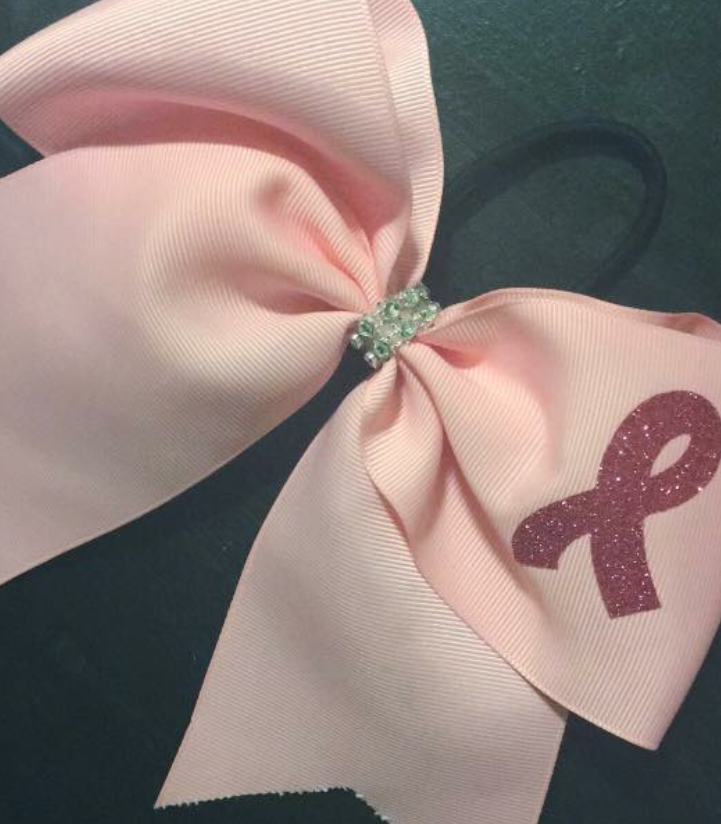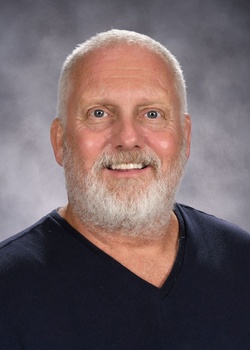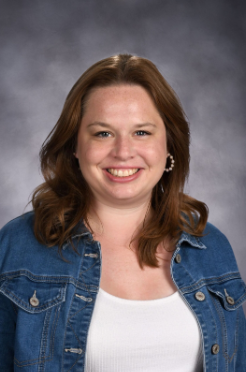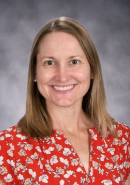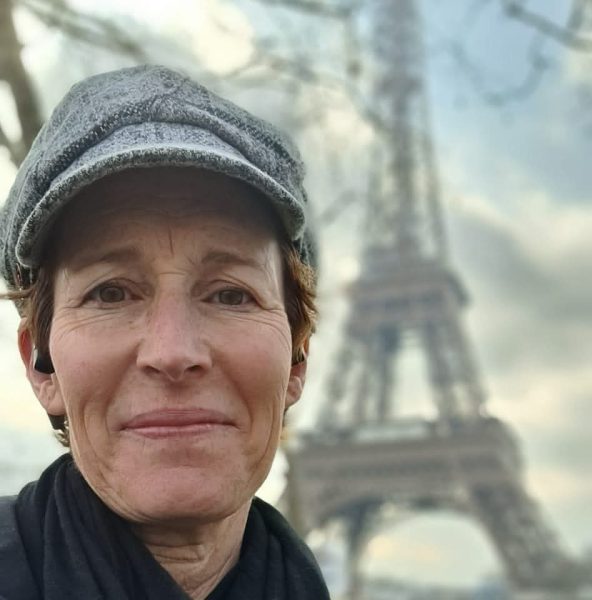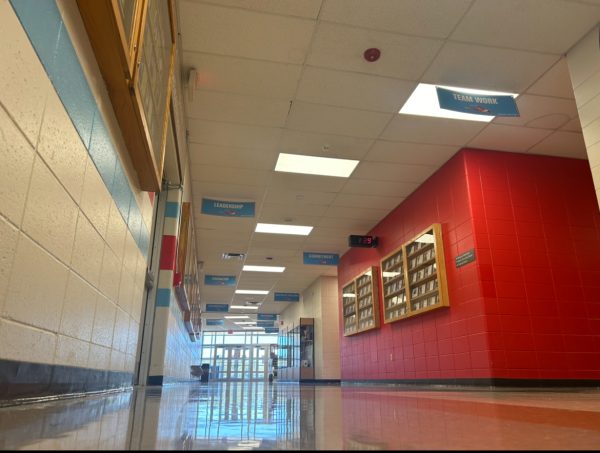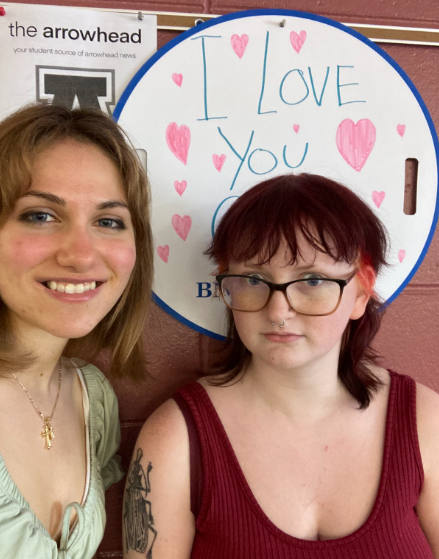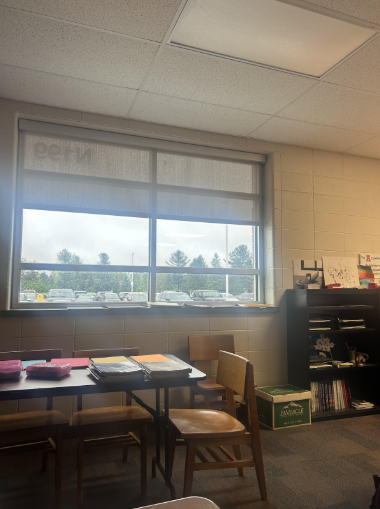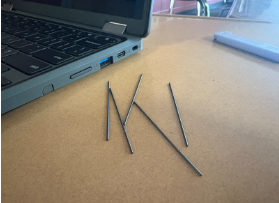Mom of Cancer Survivor Advocate for Earlier Diagnosis
According to the National Breast Cancer Foundation, breast cancer is the second most common kind of cancer in women. About 1 in 8 women born in the Unites States today will get breast cancer at some point in their lives. For many Americans, wearing pink shows support for strangers as well as people affected by cancer in their own families.
Sherry Coats, an Elkhorn resident, has a daughter in her thirties that was recently diagnosed with breast cancer. Coats says it’s important to detect breast cancer early.
She said, “I believe strongly in early mammograms because my daughter was too young to be checked. It should be taught in high school. I have a friend that was diagnosed with breast cancer in high school and she lost both of her breasts. If she would have been taught how to check herself, maybe she would have been able to keep herself cancer free.”
Coats says, “My daughter currently has breast cancer and it is extremely important to be check. Having no family history for her specific breast cancer is not important, but I do think that supporting all cancers is important.”
There are many organizations that show support and help families and patients going through the process step by step along side them.
Coats said, “Going forward, We like the support of ABCD—After Breast Cancer Diagnosis. Stephanie, my daughter was hooked up with a women that was a teacher. She was diagnosed with the same breast cancer and was able to help Stephanie through her entire journey. Stephanie is finished with two parts of chemo, but she still has a few more treatments to do. After chemo, she will be on a medication for at least ten years, possibly for her life. She will be followed up with every three months for about a year and visits after that will either increase or decrease based upon what her blood work shows.”
Most people would look at cancer as a negative thing, but the Coats family say they take every opportunity to remain positive.
Coats says, “Stephanie plans to change her career after her battle is over.”
Stephanie currently works as a probation officer.
Coats says, “[Stephanie] plans to go back to school to become a nurse. She says that the cancer and the treatment has changed her life, she wants to do everything she can to give back. She has a second chance, and she is not taking any day for granted—even though she never really did. We hug a little longer and laugh a little longer.”
Sherry said, “[Stephanie] is worried, but continues to persevere. She is worried about getting sick because it could be the cancer coming back, but that’s a normal mental reaction to have after everything she has been through. She attends a support group for women that have been through and traveled along her same path.”
